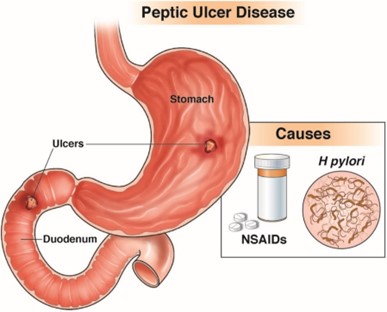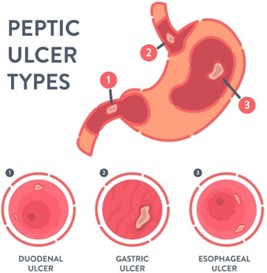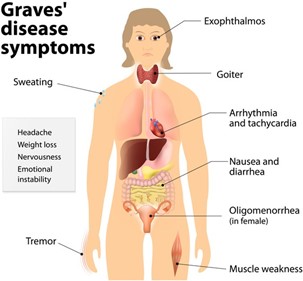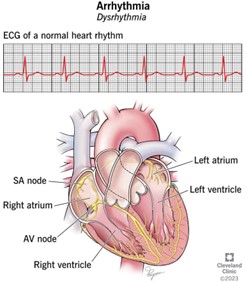When teaching a patient with chronic SIADH about long-term management of the disorder, the nurse determines that additional instruction is needed when the patient says:
I should weigh myself daily and report any sudden weight loss or gain."
I need to limit my fluid intake to no more than 1 quart of liquids a day,"
I will eat foods high in potassium because the diuretics cause potassium loss.”
I need to shop for foods that are low in sodium and avoid adding salt to foods.
The Correct Answer is C
The correct answer is c. I will eat foods high in potassium because the diuretics cause potassium loss.
Rationale for Choice A:
- Statement: "I should weigh myself daily and report any sudden weight loss or gain."
- Rationale: This statement is correct. It's crucial for patients with SIADH to monitor their weight daily as even slight fluctuations can signal fluid imbalances. Sudden weight gain can indicate fluid retention, while sudden weight loss might suggest dehydration. Both scenarios warrant medical attention.
Rationale for Choice B:
- Statement: "I need to limit my fluid intake to no more than 1 quart of liquids a day."
- Rationale: This statement is also correct. Fluid restriction is a cornerstone of SIADH management. By limiting fluid intake, patients can help prevent the buildup of excess fluid in the body, which can lead to complications such as hyponatremia (low sodium levels in the blood) and edema.
Rationale for Choice C:
- Statement: "I will eat foods high in potassium because the diuretics cause potassium loss."
- Rationale: This statement is incorrect. While some diuretics used in the treatment of SIADH can indeed cause potassium loss, this is not a universal side effect. Furthermore, increasing potassium intake without medical supervision can be dangerous, potentially leading to hyperkalemia (high potassium levels in the blood). It's essential for patients to consult with their healthcare providers for individualized guidance on potassium intake.
Rationale for Choice D:
- Statement: "I need to shop for foods that are low in sodium and avoid adding salt to foods."
- Rationale: This statement is correct. A low-sodium diet is often recommended for patients with SIADH to help manage fluid balance and prevent hyponatremia. Restricting sodium intake can reduce fluid retention and help maintain appropriate sodium levels in the blood.

Nursing Test Bank
Naxlex Comprehensive Predictor Exams
Related Questions
Correct Answer is B
Explanation
Abdominal discomfort an hour after a meal is a common symptom of a gastric ulcer because the stomach is where food is initially processed, and stomach acid is most concentrated. In contrast, duodenal ulcers typically cause pain 2-3 hours after meals, as food moves out of the stomach and into the duodenum, where it encounters duodenal acid.
A positive stool occult blood test is a non-specific finding that can be caused by many gastrointestinal conditions, including peptic ulcers. It does not indicate the location of the ulcer.
The number of ulcers the client has had in the past does not indicate the location of the current ulcer.
Normal hemoglobin and hematocrit levels do not provide information about the location of the ulcer.


Correct Answer is A
Explanation
The patient's bounding, rapid pulse and systolic hypertension may indicate cardiovascular complications associated with Graves' disease, such as tachycardia, atrial fibrillation, or congestive heart failure, which can cause chest pain. It is important for the nurse to assess for any symptoms of cardiovascular distress and report any abnormal findings to the healthcare provider for prompt intervention. Questions about appetite and constipation may be relevant to the patient's overall health status, but they are not the most important concern in this situation.


Whether you are a student looking to ace your exams or a practicing nurse seeking to enhance your expertise , our nursing education contents will empower you with the confidence and competence to make a difference in the lives of patients and become a respected leader in the healthcare field.
Visit Naxlex, invest in your future and unlock endless possibilities with our unparalleled nursing education contents today
Report Wrong Answer on the Current Question
Do you disagree with the answer? If yes, what is your expected answer? Explain.
Kindly be descriptive with the issue you are facing.
